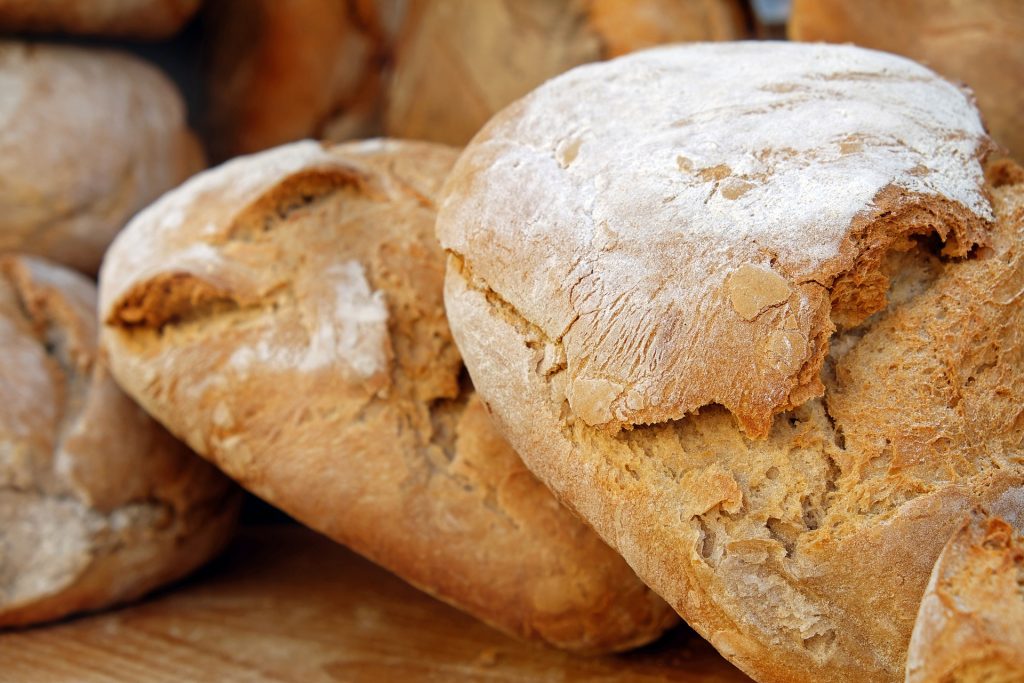Prevention and educating citizens has not been recognised in Croatia as key in the fight against the creation of food waste, she said, underlining the importance of expert organisations constantly informing and educating all age groups and sectors.
CEPOH has launched an EU project to build capacities for the Green Deal made to the measure of local communities in order to help everyone who wishes to donate food.
The HRK 442,500 project is mostly financed by the European Social Fund and will last 15 months.
Preventing the creation of food waste is the most important step in food waste management as recommended by the European Commission, Ilakovac said.
It is possible to significantly reduce food waste by educating customers to change daily habits in buying, preparing and consuming food, she said, adding that during the 2020 COVID lockdown, households reduced food waste by 10%.
She said a CEPOH survey showed that nearly half the respondents cited an excess of food prepared as the reason for food waste in their household.
Ilakovac underlined the need to raise awareness of the fact that food waste polluted the air, the soil and underground waters.
Twenty-five percent of habitable areas and 70% of drinking water are used for the world’s food production, which is the cause of 30% of greenhouse gases, 80% of deforestation, and one of the major causes of change in land use and biodiversity loss, she said.
That also accelerates climate change, which in turn affects the safety, quality and availability of food, she added.
Throwing food is also a moral problem because of the many socially vulnerable, undernourished and hungry people, whose numbers will only increase due to global inflation and climate change, she said.
According to estimates, EU countries throw away 88 million tonnes of food, causing a cost of €143 billion, she said, adding that Croatia, as an EU member state, set the target of reducing the throwing of food by 50% by 2030, which is also in line with the UN’s Sustainable Development Goals.
Ilkovac also said that Croatia had drawn up a 2019-22 plan to prevent and reduce food waste.
For more, check out our lifestyle section.









